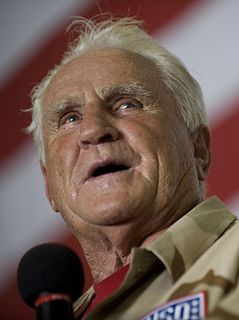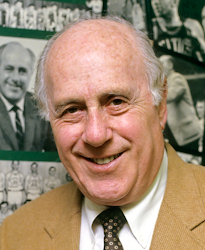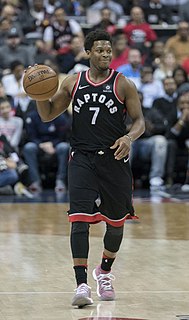A Quote by Don Shula
As a coach, your high standards of performance, attention to detail and - above all - how hard you work set the stage for how your players perform.
Related Quotes
To be a successful coach you should be and look prepared. You must be a man of integrity. Never break your word. Don't have two sets of standards. Remember you don't handle players-you handle pets. You deal with players. Stand up for your players. Show them you care-on and off the court. Very important-it's not 'how' or 'what' you say but what they absorb.
This thing we call luck is merely professionalism and attention to detail, it's your awareness of everything that is going on around you, it's how well you know and understand your airplane and your own limitations. Luck is the sum total of your of abilities as an aviator. If you think your luck is running low, you'd better get busy and make some more. Work harder. Pay more attention. Do better preflights.
Only the mediocre are always at their best. If your standards are low, it is easy to meet those standards every single day, every single year. But if your standard is to be the best, there will be days when you fall short of that goal. It is okay to not win every game. The only problem would be if you allow a loss or a failure to change your standards. Keep your standards intact, keep the bar set high, and continue to try your very best every day to meet those standards. If you do that, you can always be proud of the work that you do.
A large part of the impresario's job has to do with maintaining and communicating standards of performance. Knowing how to set those standards - which are often more subjective than analytical - means knowing how to communicate the difference between something that is great and something that is just O.K.





































